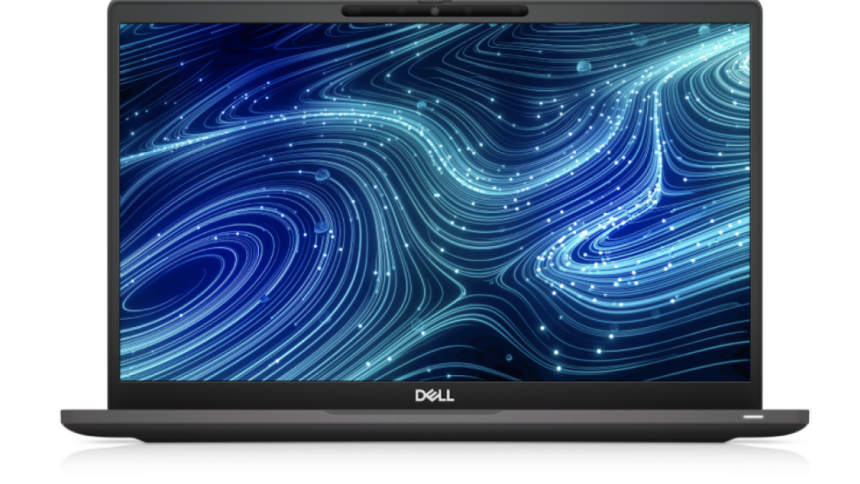Are you aware that currently, the most rapid computational machine globally is the Fugaku supercomputer based in Japan? Boasting over 7 million processing cores, this sophisticated device is set to become fully functional in April 2021. Its advanced setup can tackle exceptionally complex tasks, ranging from scientific research in medicine to accurate weather predictions.
While Fugaku’s specifications are unmatched, it’s beneficial to have a deep understanding of your own computer’s capabilities. Your personal computer’s specifications, for instance, greatly influence your gaming performance and work efficiency.
If you’re contemplating purchasing a new laptop, be sure you’re thoroughly familiar with its specifications. Continue reading to gain a comprehensive understanding of laptop specifications and how to optimise your device.
Ensure a Minimum of 8GB Random-Access Memory (RAM)
RAM plays a vital role that might be underestimated. It serves as the workspace for running applications and software programs. Having ample RAM is always beneficial. At present, it’s advisable to have a minimum of 8GB RAM on your laptop.
Any less and multitasking becomes problematic, even for casual laptop users. Normally, 8GB RAM is ample to operate several browser tabs, enjoy music, and possibly run a game simultaneously.
If you can afford to invest more, consider opting for 12GB or 16GB of RAM. This is ideal if your computer usage is high and involves running sophisticated applications or games. Also, check if your laptop’s RAM is expandable. Having an available slot to add an additional 8GB of RAM can prove beneficial in the future.
Prioritize Larger Screens for Frequent Movie Viewing
Today’s laptops offer a multitude of functionalities, from gaming and work to video rendering and movie streaming. If you often indulge in movie marathons on Netflix, ensure your laptop screen is at least 15.6 inches.
This is the standard size for most laptops designed for cinematic and gaming experiences. For an even larger visual field, opt for a laptop with a 17.3-inch screen. This is likely the largest display size available for laptops, offering a truly immersive viewing experience.
On the other hand, frequent travellers who carry their laptops should consider smaller displays. A screen size below 14 inches is recommended for those desiring portability. The advantages are a lighter laptop that fits almost all bags and cases conveniently.
Check these Cyber Monday laptop deals to find a device with a sufficiently large screen that suits your requirements.
Choose Full HD Resolution for Clearer Images
Screen size and resolution are different aspects. The former refers to the physical dimensions of the screen, whereas the latter denotes the number of pixels it possesses. More pixels translate to sharper images.
Common resolutions for laptop displays are HD (1280 x 720 pixels), full HD (1920 x 1080 pixels), and 4K (3840 x 2160 pixels). A full HD resolution is ideal, provided your budget permits.
A full HD display can present sharper images, richer colours, and enhance your viewing experience. You’ll notice a significant difference while gaming. If your budget allows, considering a 4K screen isn’t a bad idea, but be aware that this can significantly reduce battery life. If display resolution isn’t your top priority, an HD screen will suffice, though you won’t enjoy the sharpest and most vibrant images.
Select An SSD for Quicker Booting Times
SSD or Solid State Drive provides a superior and dependable method of data storage compared to the traditional HDD. Most contemporary laptops are equipped with an SSD, which offers numerous benefits.
Primarily, SSDs are incredibly fast. You’ll appreciate quicker data transfer speeds, and your operating system will launch more rapidly. Games and other software programs also run smoother on SSDs. The downside is their higher cost.
If your usage doesn’t involve installing large games, consider a configuration with 128GB or 256GB of SSD. This allows for a smoother, faster computing experience without excessive expenditure.
However, if you need to store bulky files, choose a configuration combining SSD + HDD. Install the operating system on the SSD for quicker loading times, and use the HDD for large games, movies, and music collections.
Opt for an i3 Processor for Basic Needs, i5 or Higher for Advanced Users
Let’s discuss the CPU or Central Processing Unit, arguably the most crucial component of your laptop. It’s the brain of the computer that coordinates all other components. A high-performing CPU ensures your laptop’s longevity.
Most laptops are equipped with Intel processors, which are highly advanced. AMD’s Ryzen processors are another good option. For casual users who don’t require significant processing power, an Intel i3 processor will suffice.
This configuration is generally powerful enough for light multitasking, browsing the internet, and playing videos at full HD resolution. However, for playing the latest games or rendering large video files, you’ll need at least an i5 processor.
Bear in mind that i5 or i7 processors are designed for heavy users. If you aim to produce music, edit large photos, or play the latest games, theseprocessors are a worthwhile investment. If your budget allows, consider an i9 processor for optimal performance.
Think About Battery Life
Battery life is often overlooked, but it’s a crucial factor to consider. If you’re frequently on the move, opt for a laptop with a long battery life. Many laptops claim up to 10 hours of battery life, but it’s important to consider your usage patterns.
If you’re a heavy user, playing games, streaming movies, or running intensive applications, your laptop’s battery life will decrease more quickly. Be sure to choose a laptop with a good balance between performance and battery life.
Final Words
Selecting a laptop that meets your needs requires understanding its specifications. From the processor and RAM to screen size and resolution, each feature plays a significant role in the device’s performance.
Remember, it’s not always necessary to opt for the highest specs if they don’t align with your usage. A laptop with an i3 processor and 8GB RAM may be sufficient for many users, while an i7 or i9 processor with 16GB RAM might be more suitable for heavy users or gamers.
Investing in a laptop is a significant decision, so it’s essential to understand what you’re purchasing. With the right knowledge and awareness, you can choose a laptop that’s perfect for your needs.






